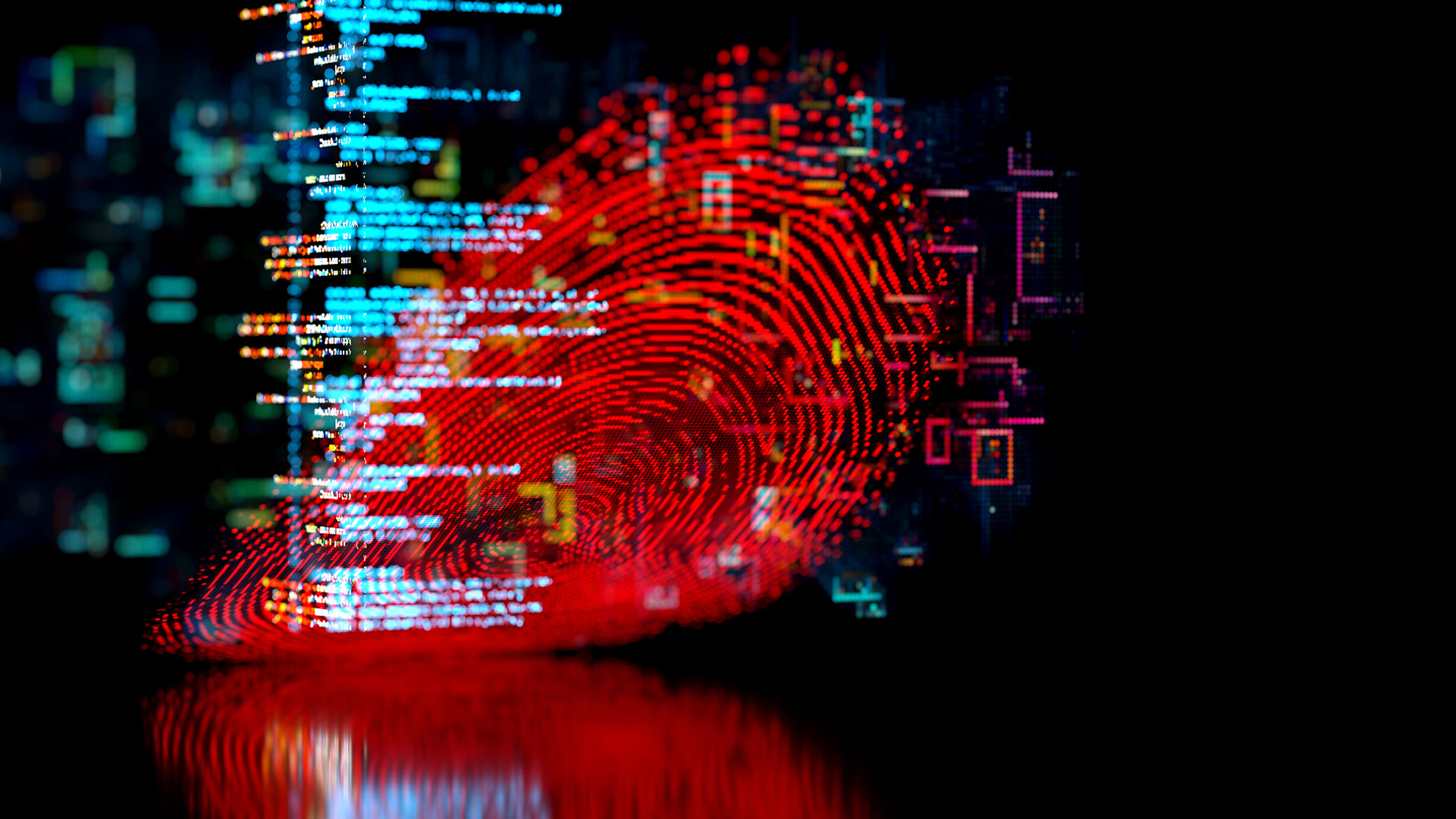US indicts 12 Russian agents over DNC hack
12 Russian intelligence operatives have been formally accused by the DoJ

Sign up today and you will receive a free copy of our Future Focus 2025 report - the leading guidance on AI, cybersecurity and other IT challenges as per 700+ senior executives
You are now subscribed
Your newsletter sign-up was successful
Twelve Russian intelligence operatives have been officially charged by the US Department of Justice (DoJ) with hacking the Democratic National Committee (DNC) for the explicit purpose of interfering with the 2016 presidential election.
The indictment marks the first time that the Russian government has been formally accused of playing a role in the hack on the DNC in 2016, and comes just before a major summit between US President Donald Trump and Russian dictator Vladimir Putin.
The indicted individuals are all Russian military officers of various ranks, and work for cyber divisions within GRU, the Russian Ferderation's main foreign intelligence agency. The Russian government has denied all involvement, stating that there is no evidence to link the men to the hacks or to GRU itself.
Trump himself has similarly shrugged off the news, stating that the hacks took place under Obama's leadership, and asking why Obama hadn't "done anything about it".
Obama ejected 35 Russian diplomats from the US and closed two Russian embassies in December 2016.
A number of interesting findings have come to light as a result of the indictment, including that 'Guccifer 2.0' - a hacker pseudonym that fed huge amounts of stolen emails and documents to WikiLeaks - was allegedly a persona used by multiple Russian intelligence officers to try and throw investigators off the scent. The Guccifer persona was also approached by a US congressional candidate looking to obtain dirt on their opponent, and was also confirmed to have corresponded with "a person who was in regular contact with senior members of the presidential campaign of Donald J. Trump".
What practical impact this will have on the accused hackers is unknown. Because the US has no extradition treaty with Russia, Putin is under no obligation to hand them over to US authorities, although law enforcement in other countries will be on the lookout for them.
Sign up today and you will receive a free copy of our Future Focus 2025 report - the leading guidance on AI, cybersecurity and other IT challenges as per 700+ senior executives
The news is the latest action linking Russia to US election tampering, part of a wide-ranging series of efforts including a concerted push to spread disinformation via social media - something being investigated in both the UK and US. Twitter recently revealed that Russian bots shared Trump's tweets 500,000 times in the run up to the election.
Adam Shepherd has been a technology journalist since 2015, covering everything from cloud storage and security, to smartphones and servers. Over the course of his career, he’s seen the spread of 5G, the growing ubiquity of wireless devices, and the start of the connected revolution. He’s also been to more trade shows and technology conferences than he cares to count.
Adam is an avid follower of the latest hardware innovations, and he is never happier than when tinkering with complex network configurations, or exploring a new Linux distro. He was also previously a co-host on the ITPro Podcast, where he was often found ranting about his love of strange gadgets, his disdain for Windows Mobile, and everything in between.
You can find Adam tweeting about enterprise technology (or more often bad jokes) @AdamShepherUK.
-
 ITPro Best of Show NAB 2026 awards now open for entries
ITPro Best of Show NAB 2026 awards now open for entriesThe awards are a fantastic opportunity for companies to stand out at one of the industry's most attended shows
-
 Mistral CEO Arthur Mensch thinks 50% of SaaS solutions could be supplanted by AI
Mistral CEO Arthur Mensch thinks 50% of SaaS solutions could be supplanted by AINews Mensch’s comments come amidst rising concerns about the impact of AI on traditional software
-
 Fake North Korean IT workers are rampant on LinkedIn – security experts warn operatives are stealing profiles to apply for jobs and infiltrate firms
Fake North Korean IT workers are rampant on LinkedIn – security experts warn operatives are stealing profiles to apply for jobs and infiltrate firmsNews The scammers' latest efforts mark a significant escalation in tactics, experts have warned
-
 iOS and Android users beware: This new spyware kit allows hackers to take full control of your device
iOS and Android users beware: This new spyware kit allows hackers to take full control of your deviceNews The professional package allows even unsophisticated attackers to take full control of devices
-
 Salt Typhoon attack on US congressional email system ‘exposes how vulnerable core communications systems remain to nation-state actors’
Salt Typhoon attack on US congressional email system ‘exposes how vulnerable core communications systems remain to nation-state actors’News The Salt Typhoon campaign marks the latest in a string of attacks on US government communications networks
-
 Foreign states ramp up cyberattacks on EU with AI-driven phishing and DDoS campaigns
Foreign states ramp up cyberattacks on EU with AI-driven phishing and DDoS campaignsNews ENISA warns of hacktivism, especially through DDoS attacks
-
 A new 'top-tier' Chinese espionage group is stealing sensitive data
A new 'top-tier' Chinese espionage group is stealing sensitive datanews Phantom Taurus has been operating for two years and uses custom-built malware to maintain long-term access to critical targets
-
 Cisco ASA customers urged to take immediate action as NCSC, CISA issue critical vulnerability warnings
Cisco ASA customers urged to take immediate action as NCSC, CISA issue critical vulnerability warningsNews Cisco customers are urged to upgrade and secure systems immediately
-
 Cyber teams are struggling to keep up with a torrent of security alerts
Cyber teams are struggling to keep up with a torrent of security alertsNews Fragmented identity security processes are creating blind spots, and the proliferation of tools doesn't help
-
 ‘All US forces must now assume their networks are compromised’ after Salt Typhoon breach
‘All US forces must now assume their networks are compromised’ after Salt Typhoon breachNews The announcement marks the second major Salt Typhoon incident in the space of two years
